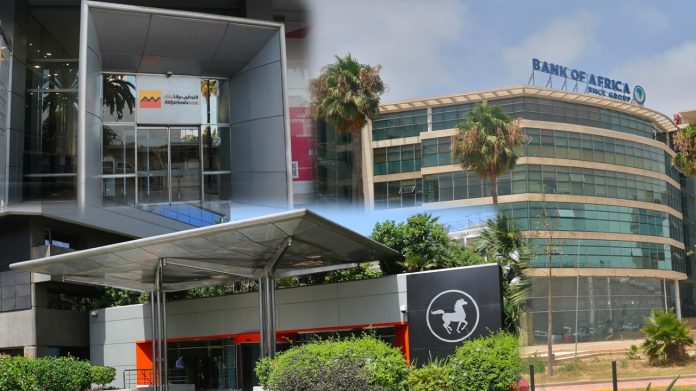In less than two decades, the banking landscape of sub-Saharan Africa has been redrawn. European giants, once dominant across the region, are steadily retreating, while African players—led by Moroccan institutions—are stepping in to claim their share of a market in rapid transformation.
The latest example came on August 11, 2025, when Société Générale finalized the sale of its Mauritanian subsidiary to a consortium formed by Enko Capital and Oronte. The divestment follows the French bank’s recent exits from Congo, Chad, Mozambique, and even Morocco, as part of a strategy to focus on markets it deems most profitable. In Mauritania, Société Générale operated 11 branches, served nearly 40,000 customers, and reported a net banking income of €35 million with net profit of €9.9 million.
Société Générale is far from alone. Barclays ended almost 90 years in Africa in 2024 by selling its remaining stake in Absa. That same year, Standard Chartered pulled out of five countries—Angola, Cameroon, Gambia, Sierra Leone, and Zimbabwe—shifting its focus to faster-growing markets. BNP Paribas began scaling back in 2019, gradually selling off subsidiaries in Gabon, Guinea, Senegal, and Côte d’Ivoire.
Moroccan banks have been quick to seize the opportunities created by these withdrawals. Attijariwafa Bank, now active in 26 countries, operates the largest pan-African network on the continent. Bank of Africa, present in around 15 markets, is strengthening its foothold in both West and East Africa. Banque Centrale Populaire is pursuing targeted acquisitions, notably through the integration of Atlantic Bank Group in West Africa.
Their rise rests on deep local knowledge, agility in adapting to market conditions, and a strong regional identity that fosters trust. While European groups now prioritize short-term profitability, Moroccan institutions are playing the long game—supporting governments and businesses in strategic sectors such as agriculture, mining, energy, and small and medium enterprises.
The shift signals a broader trend: the rise of an African banking sector driven by its own champions. Moroccan banks are no longer merely following the market’s evolution—they are setting its pace.





